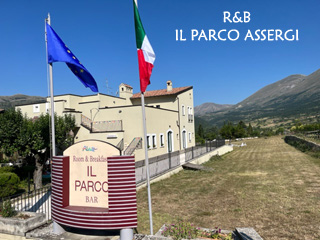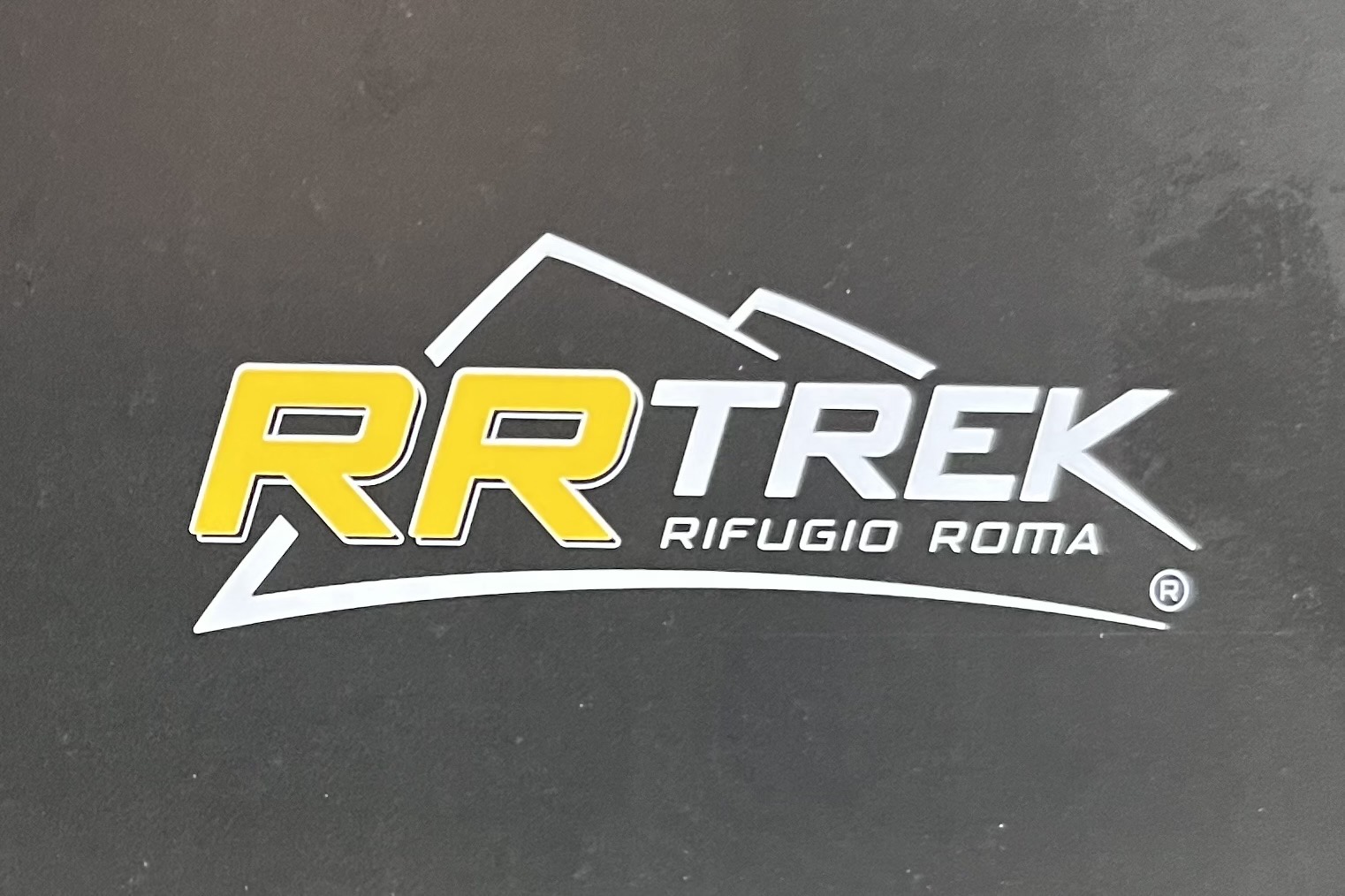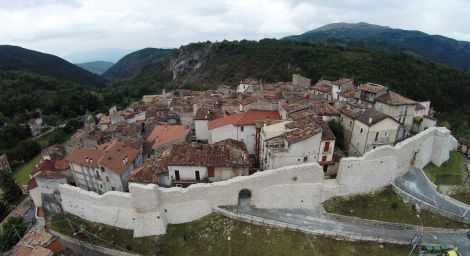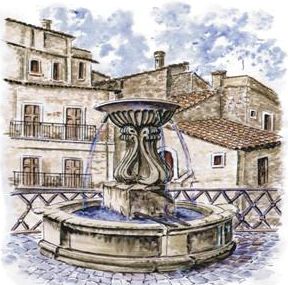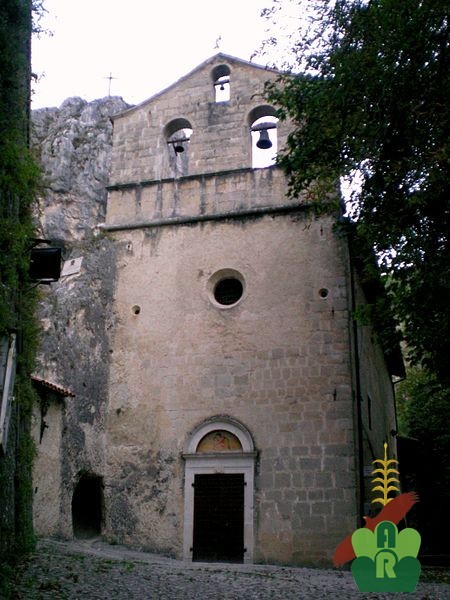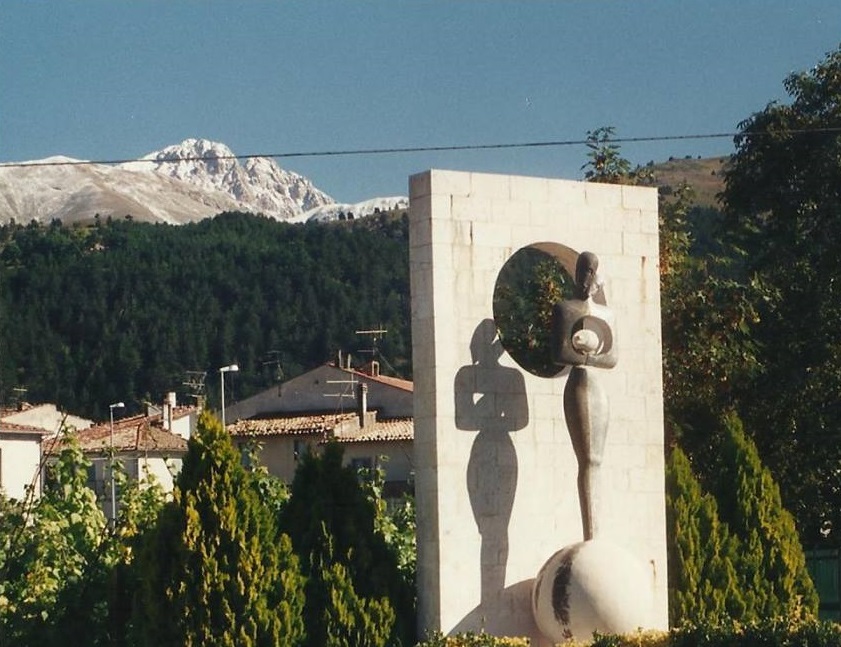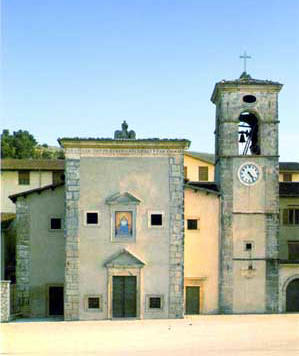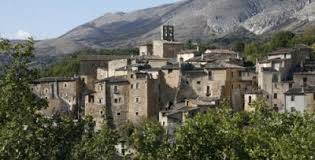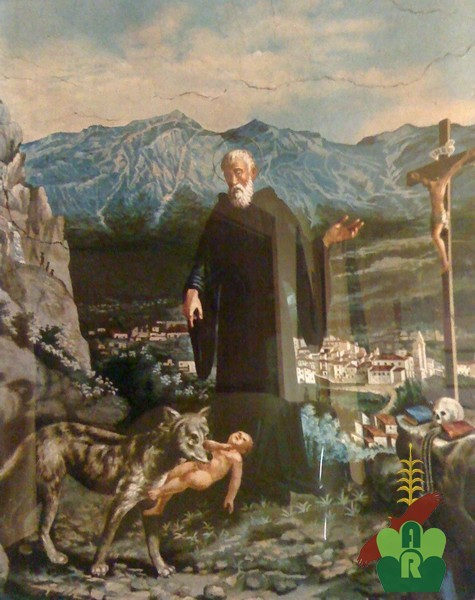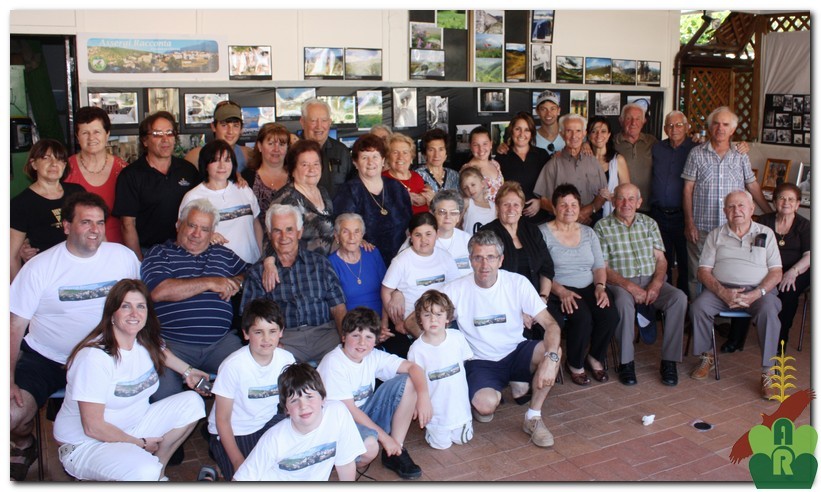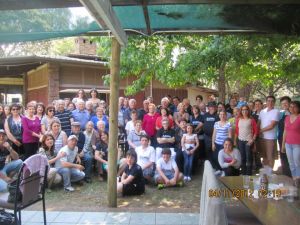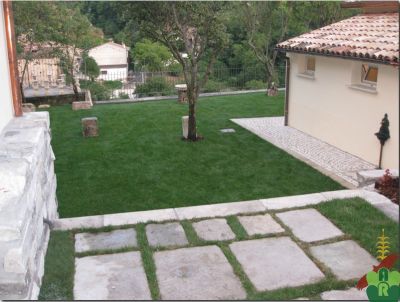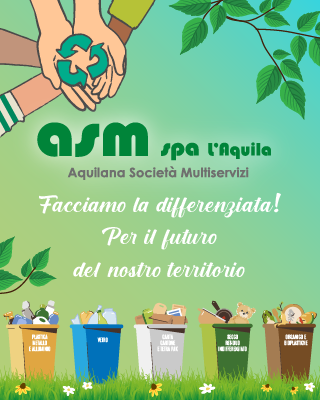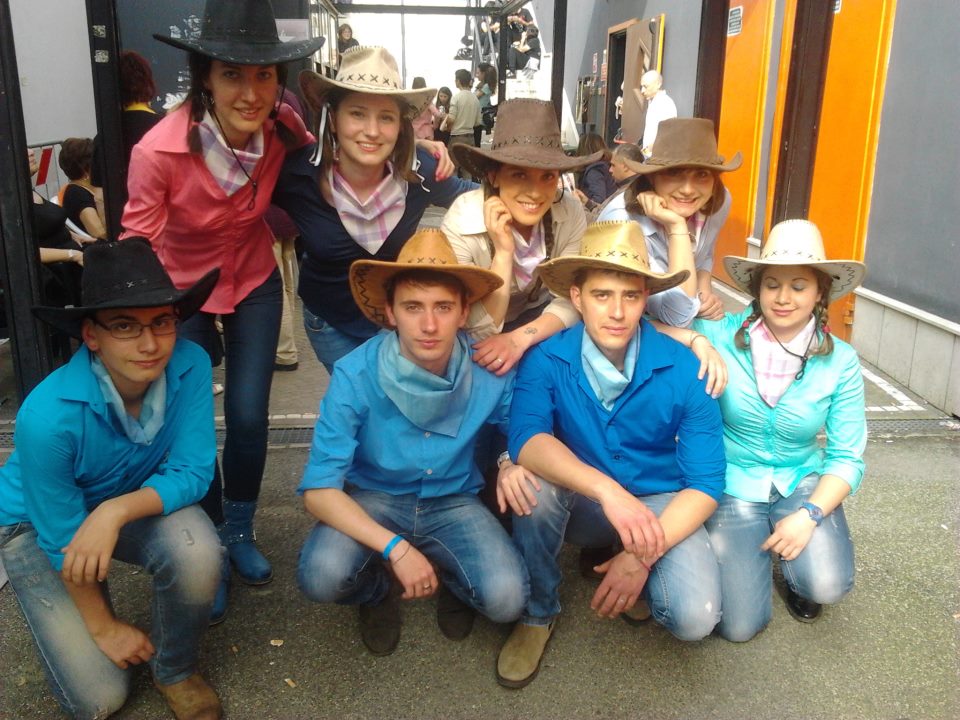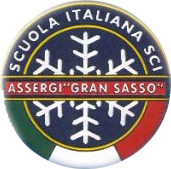DarkSide at Gran Sasso - A Cosmic Quest for Dark Matter
Posted by Antonio Giampaoli
| 2015-02-15 | Commenti: 3 | Letto 988243 volte
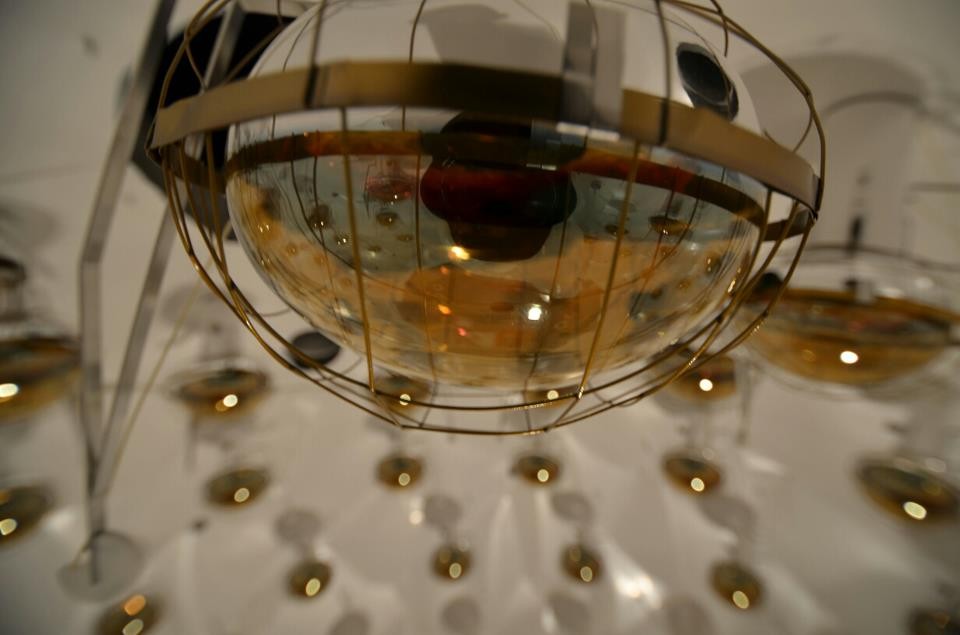
A mile under Italy’s Gran Sasso mountain, scientists are seeking one of the smallest objects in the universe—and one of the biggest prizes in physics: a wimp.
A wimp—a weakly interacting massive particle—is thought to be the stuff of dark matter, an invisible substance that makes up about a quarter of the universe but has never been seen by humans.
Gravity is the force that holds things together, and the vast majority of it emanates from dark matter. Ever since the big bang, this mystery material has been the universe’s prime architect, giving it shape and structure. Without dark matter, there would be no galaxies, no stars, no planets. Solving its mystery is crucial to understanding what the universe is made of.
“If we don’t assume that 85% of the matter in the universe is this unknown material, the laws of relativity and gravity would have to be modified. That would be significant,” says physicist Giuliana Fiorillo, a member of the 150-strong team searching for the particles at the Gran Sasso National Laboratory, 80 miles east of Rome.
The quest for dark matter has intensified since the discovery of the Higgs boson particle two years ago, which helped to narrow the field in which wimps might be hiding. Today, more than 20 different teams of researchers are hunting for the elusive stuff, using some of the most elaborate and delicate experiments ever devised.
Dark-matter detectors have been installed on the sea bed nearly 8,200 feet beneath the surface. Others operate deep inside mines. There is one on the International Space Station. China’s new dark-matter experiment sits 1.5 miles beneath a marble mountain. When it restarts later this year, the Large Hadron Collider will look for wimps, too, by smashing together subatomic particles.
Scientists estimate that visible matter makes up just 4% of the universe, while dark matter makes up 23%. The remaining 73% is an even bigger puzzle, a repulsive force known as “dark energy.”
Tweet
Commenta L'Articolo
